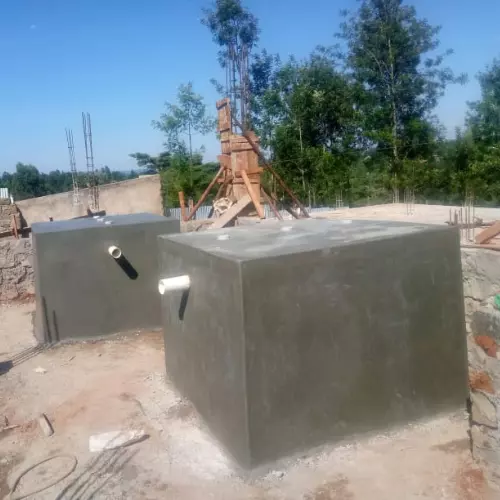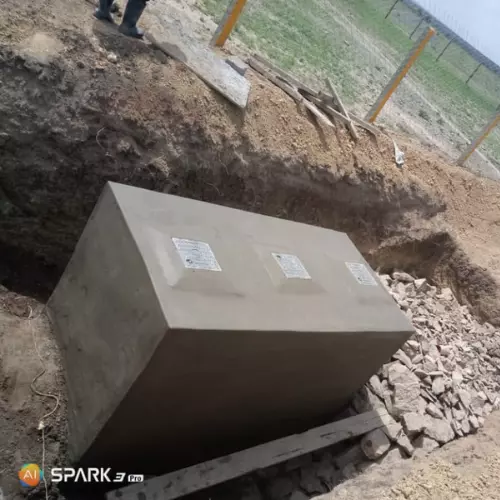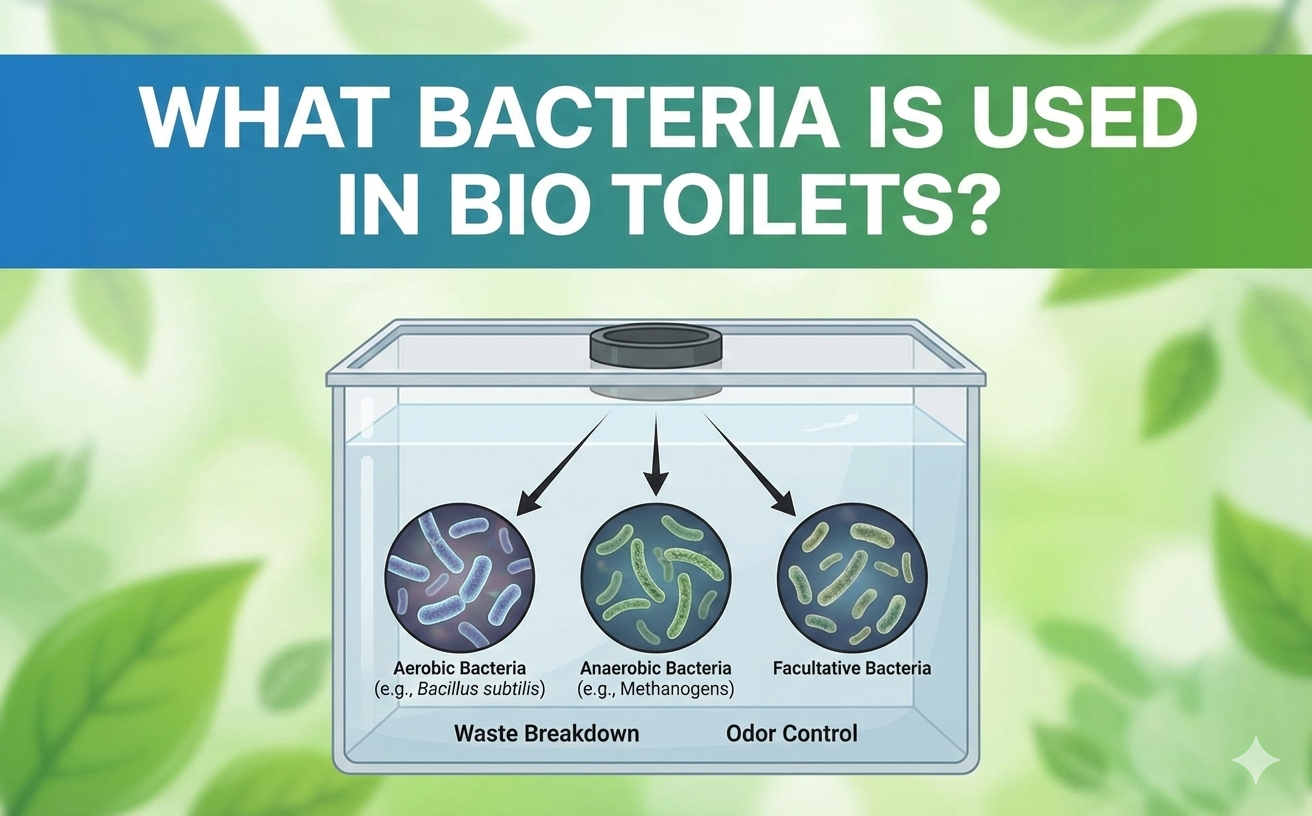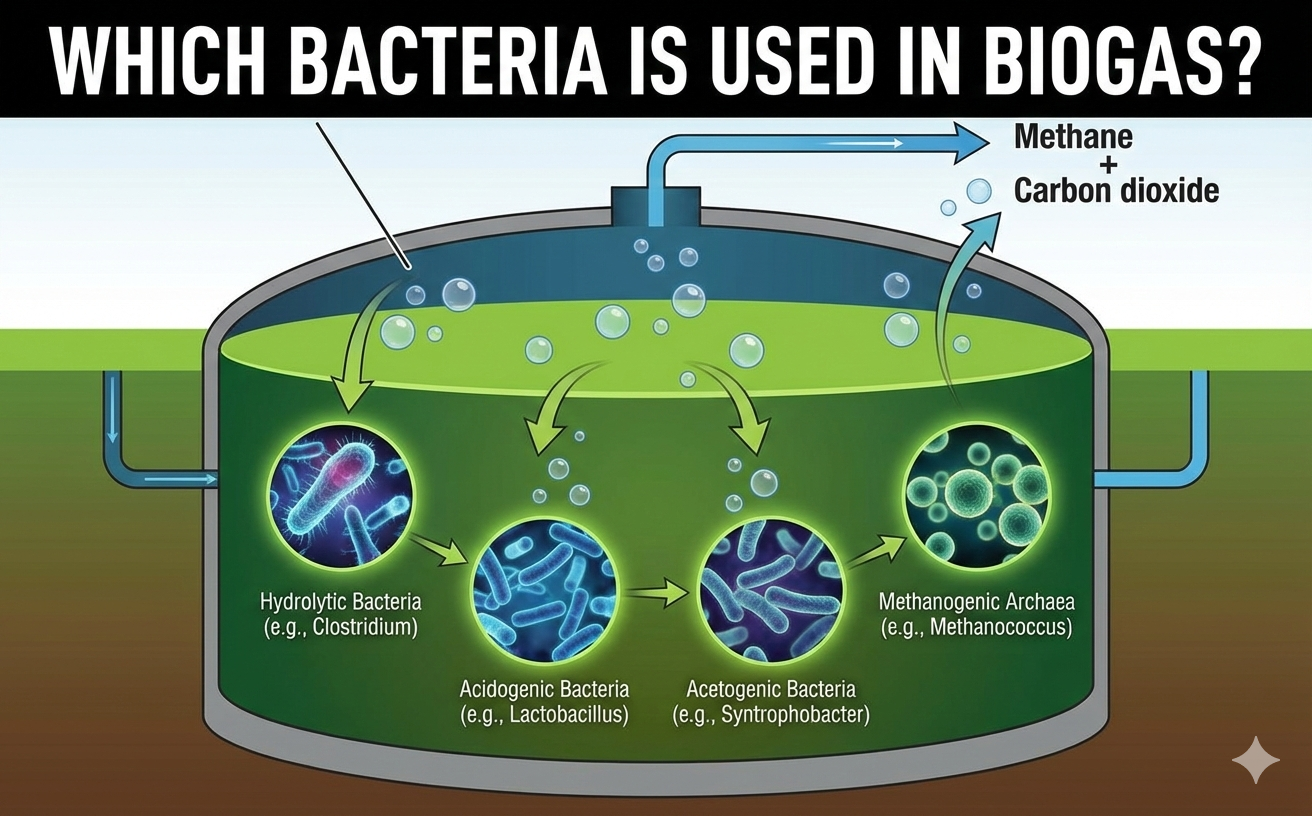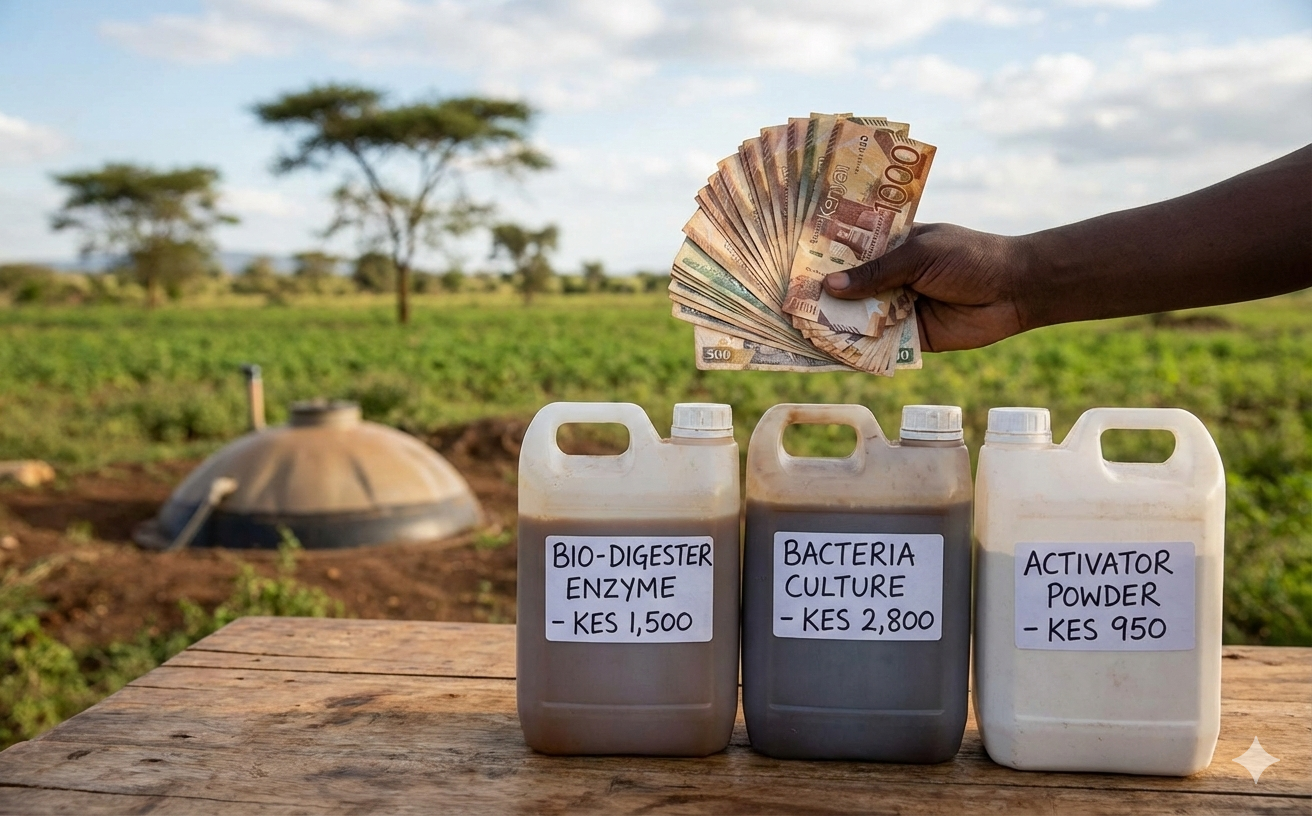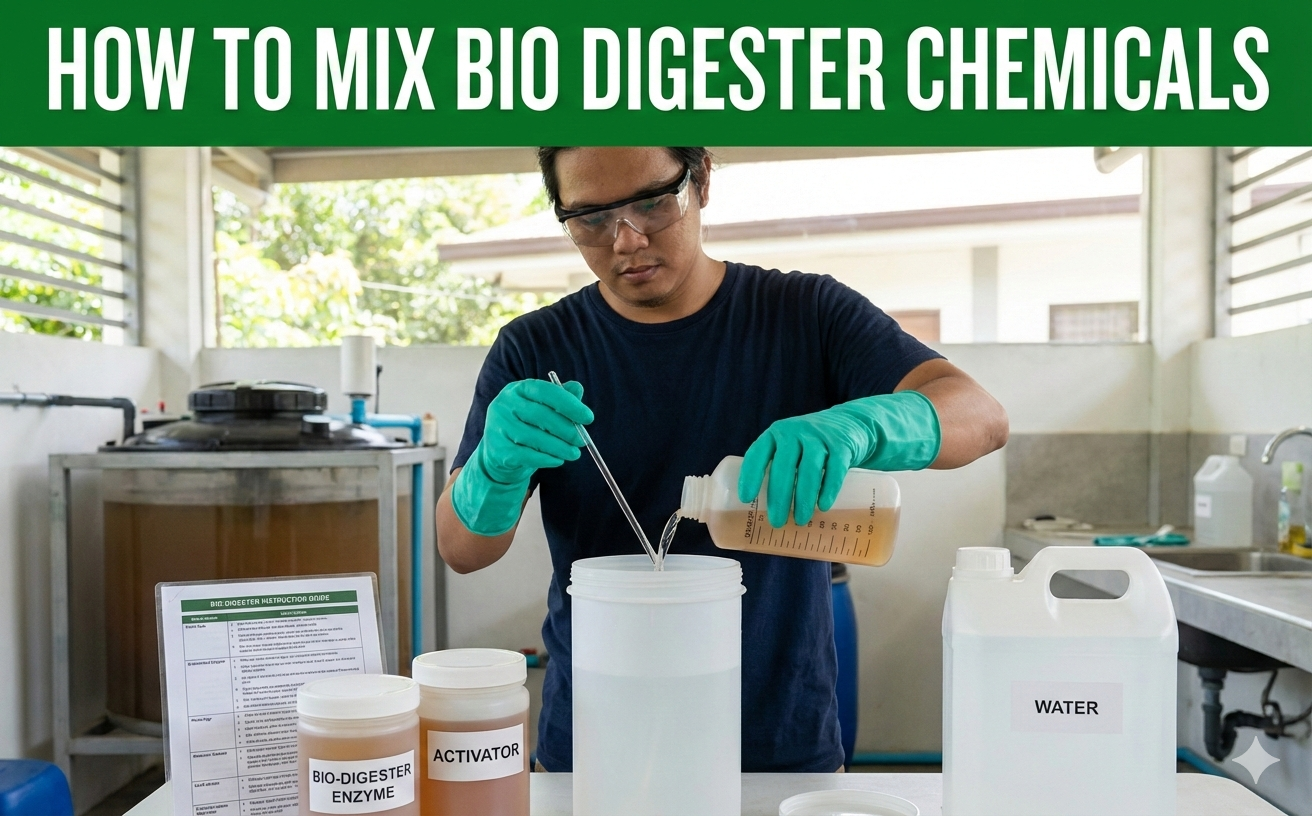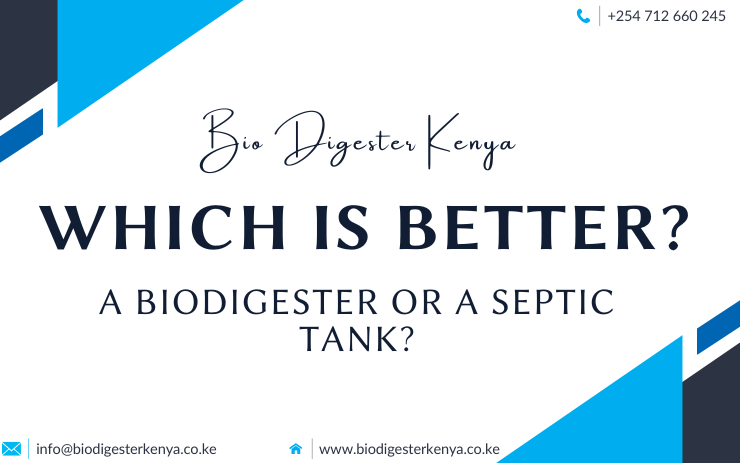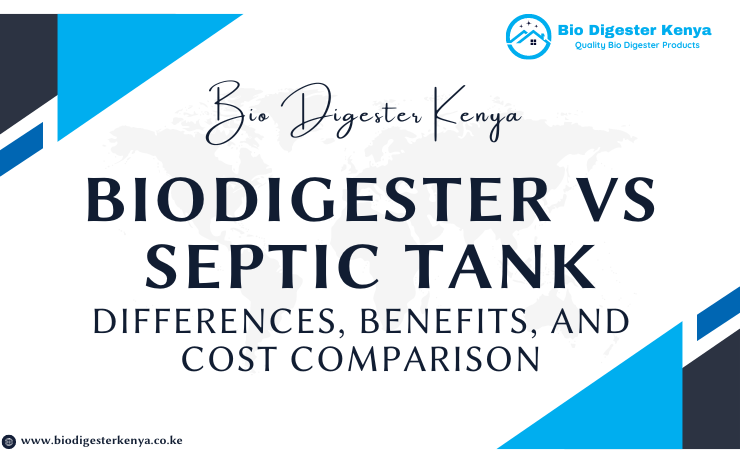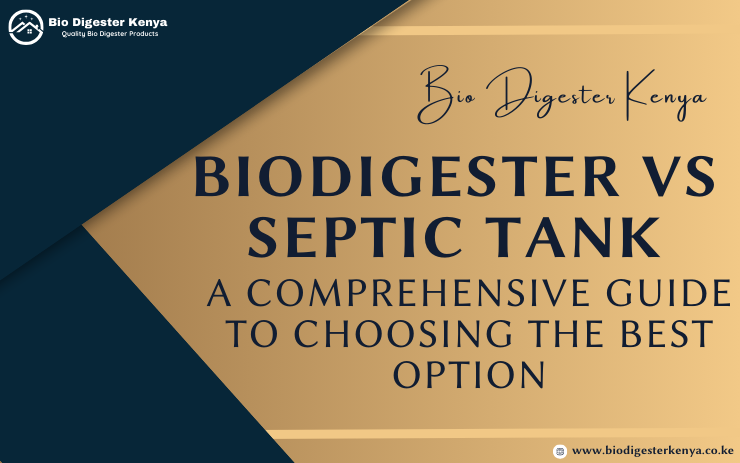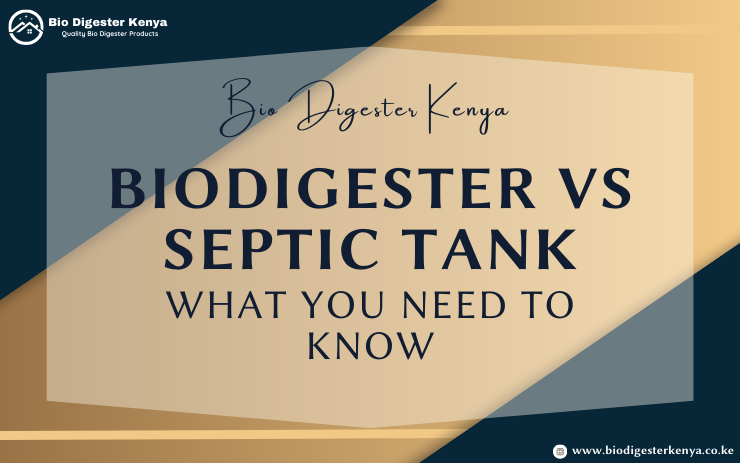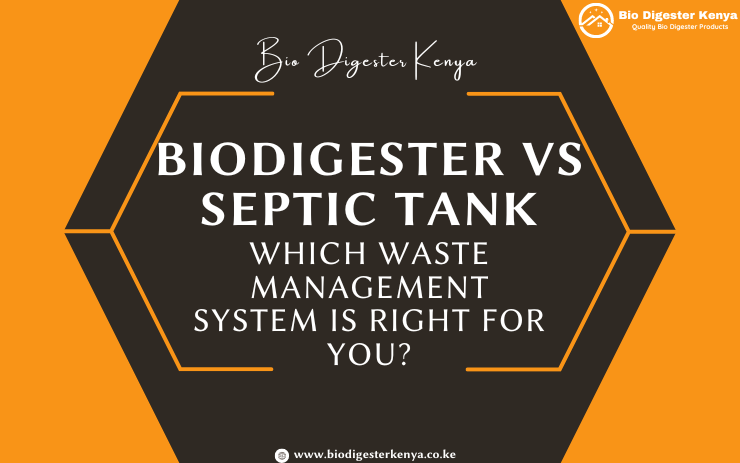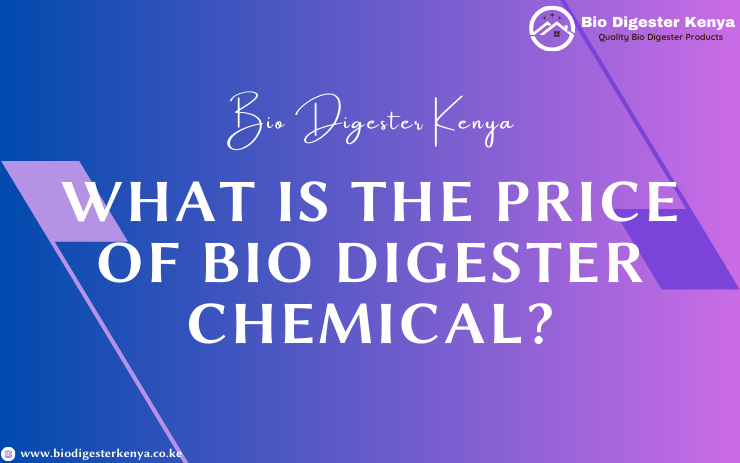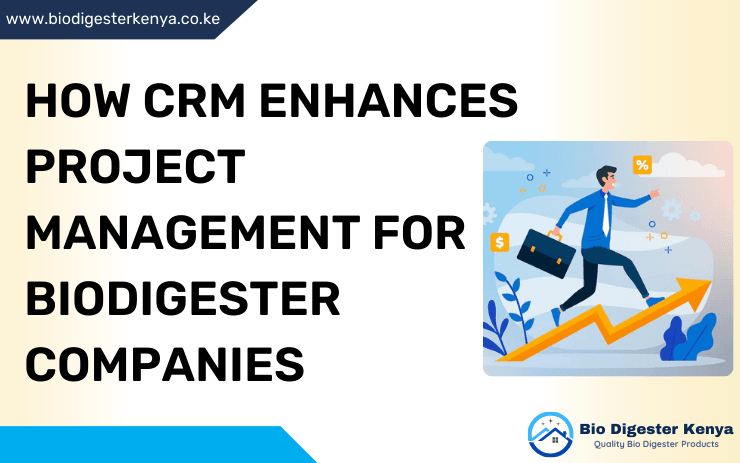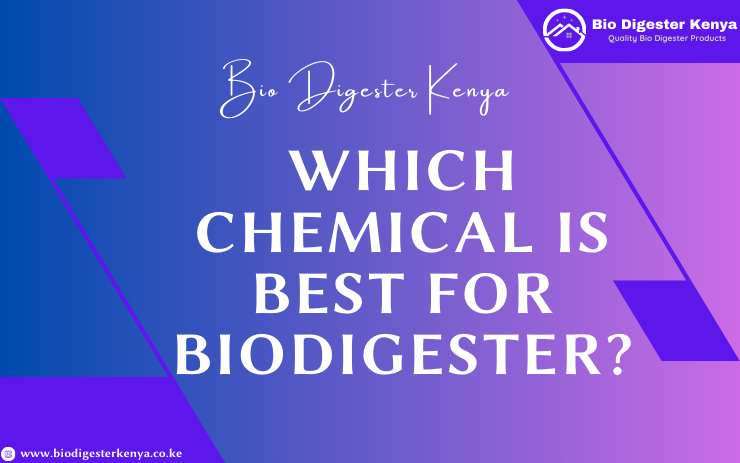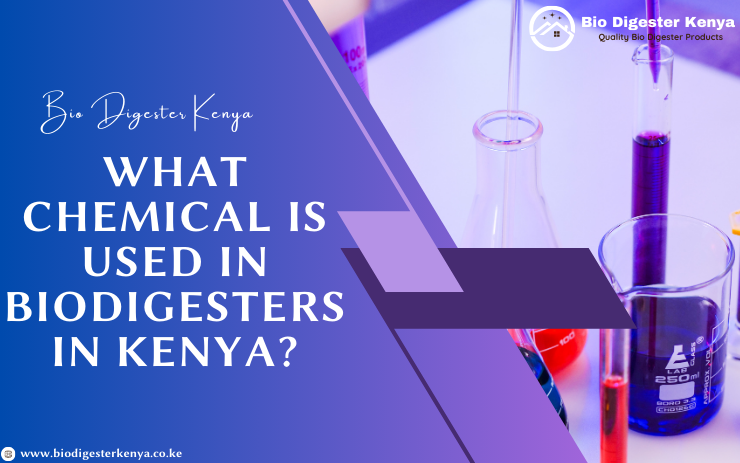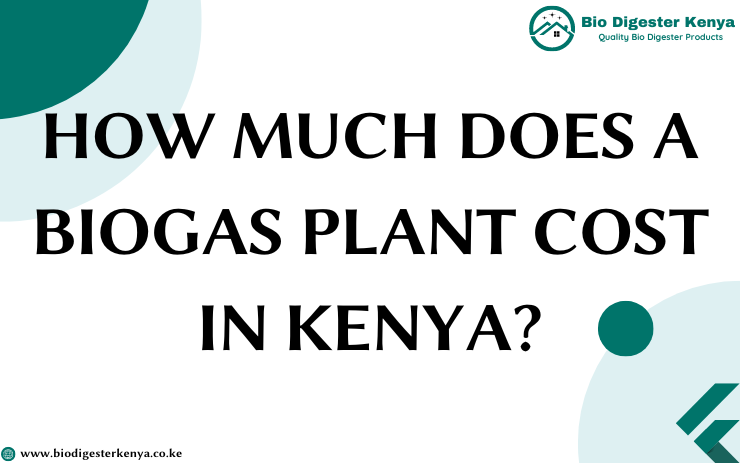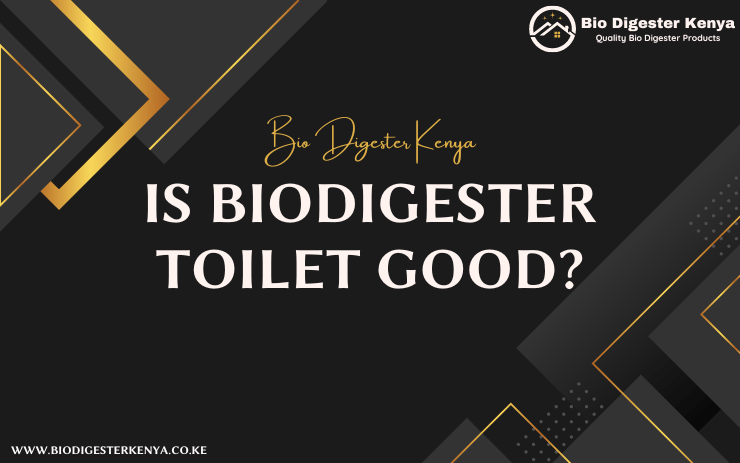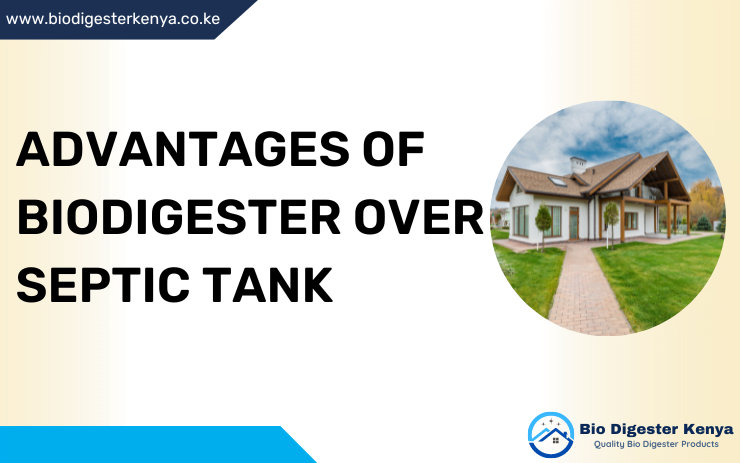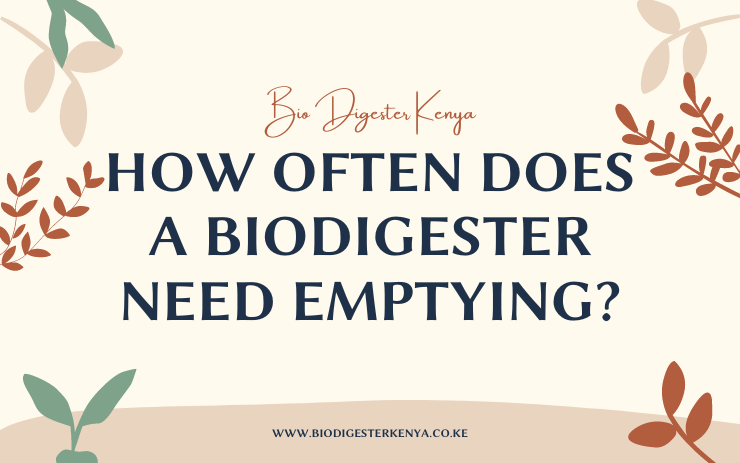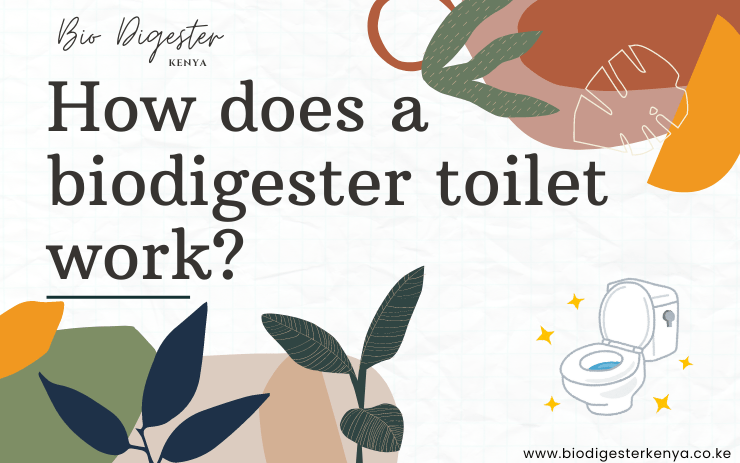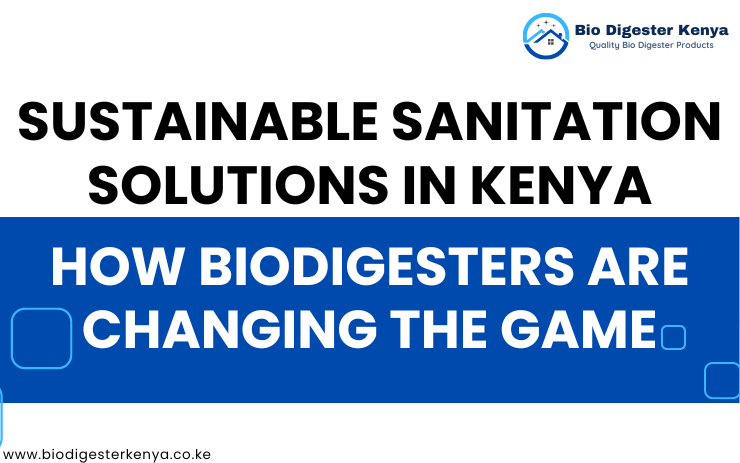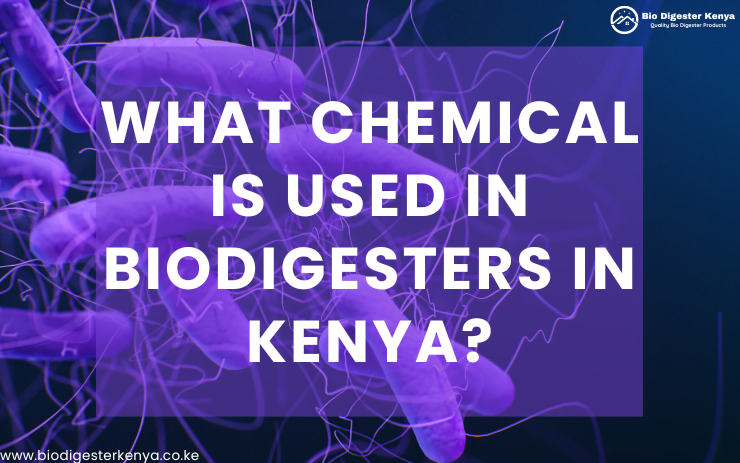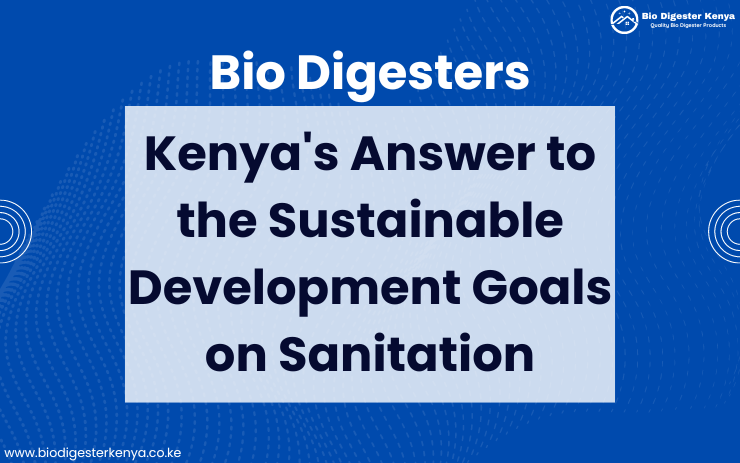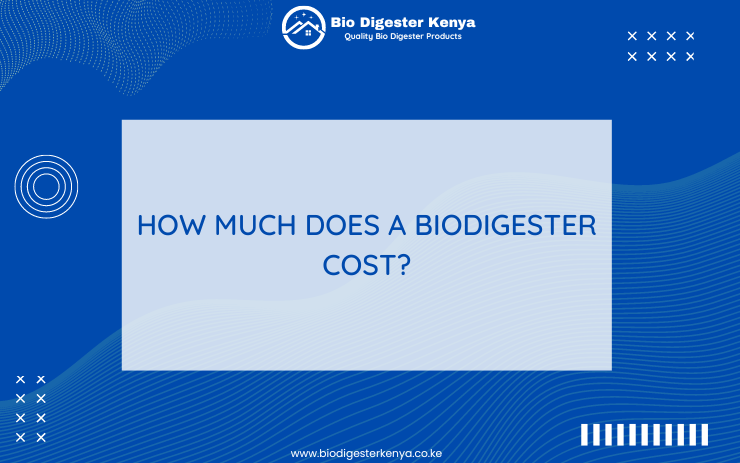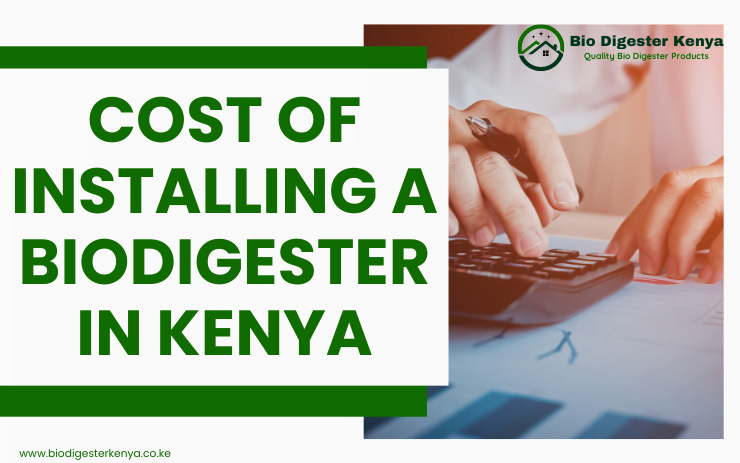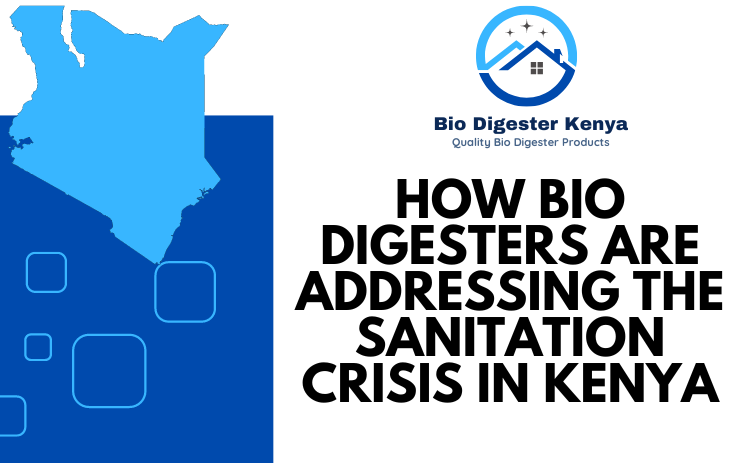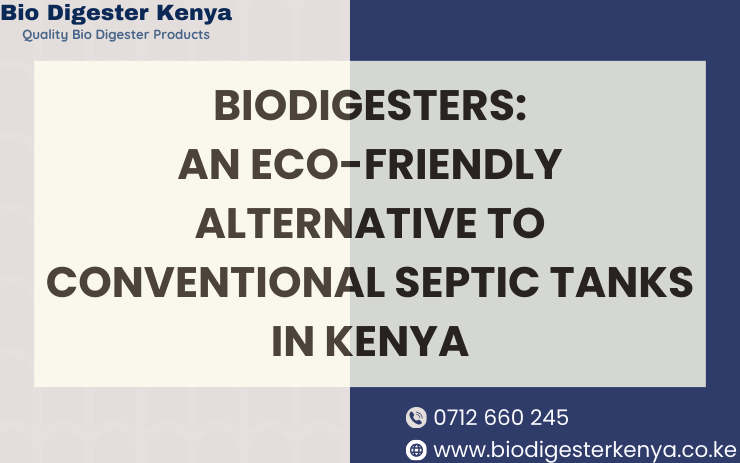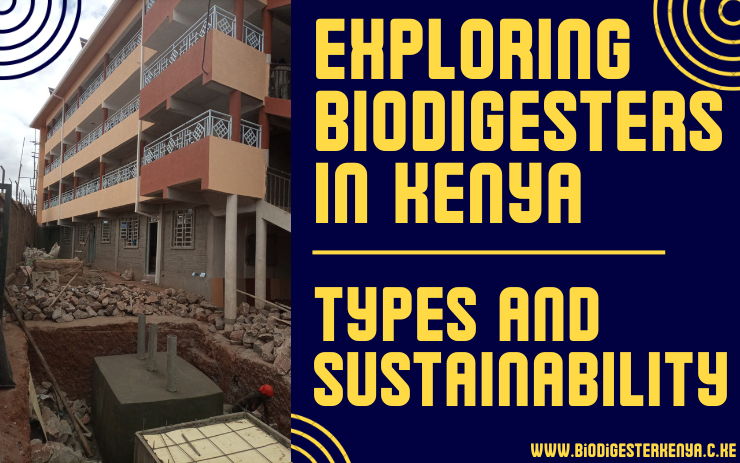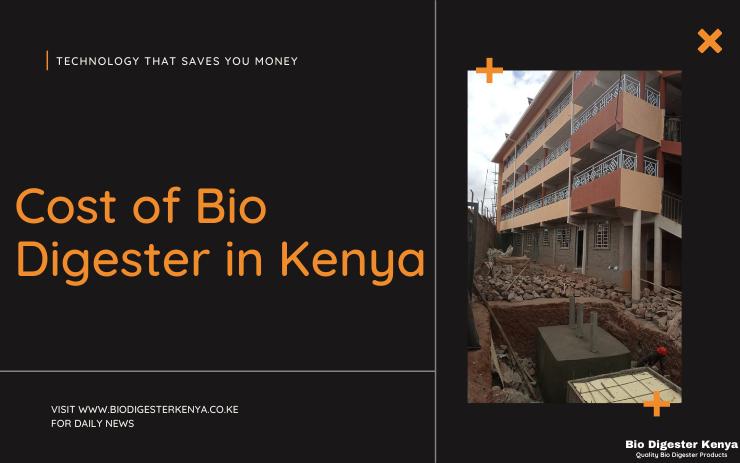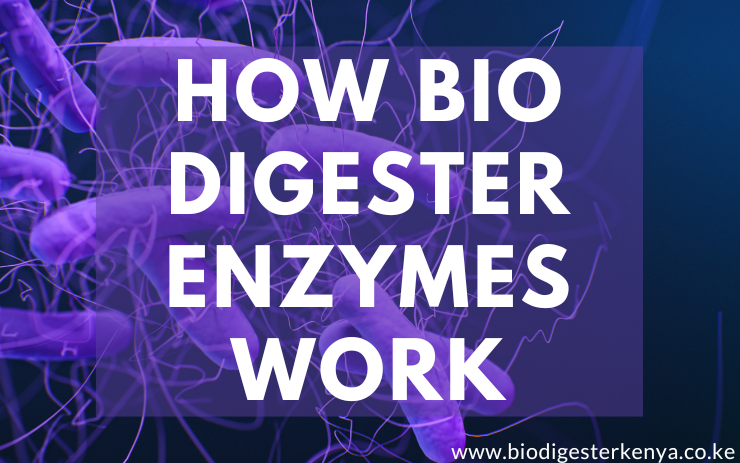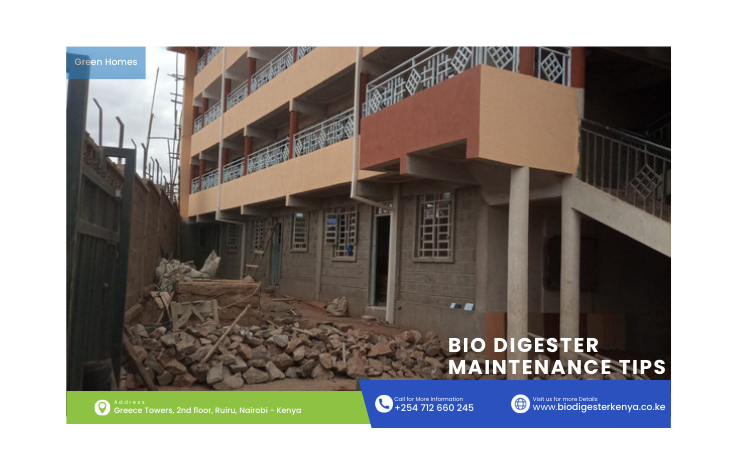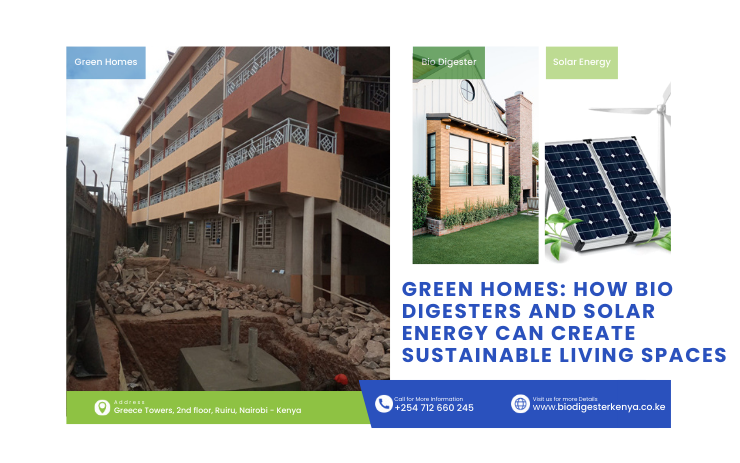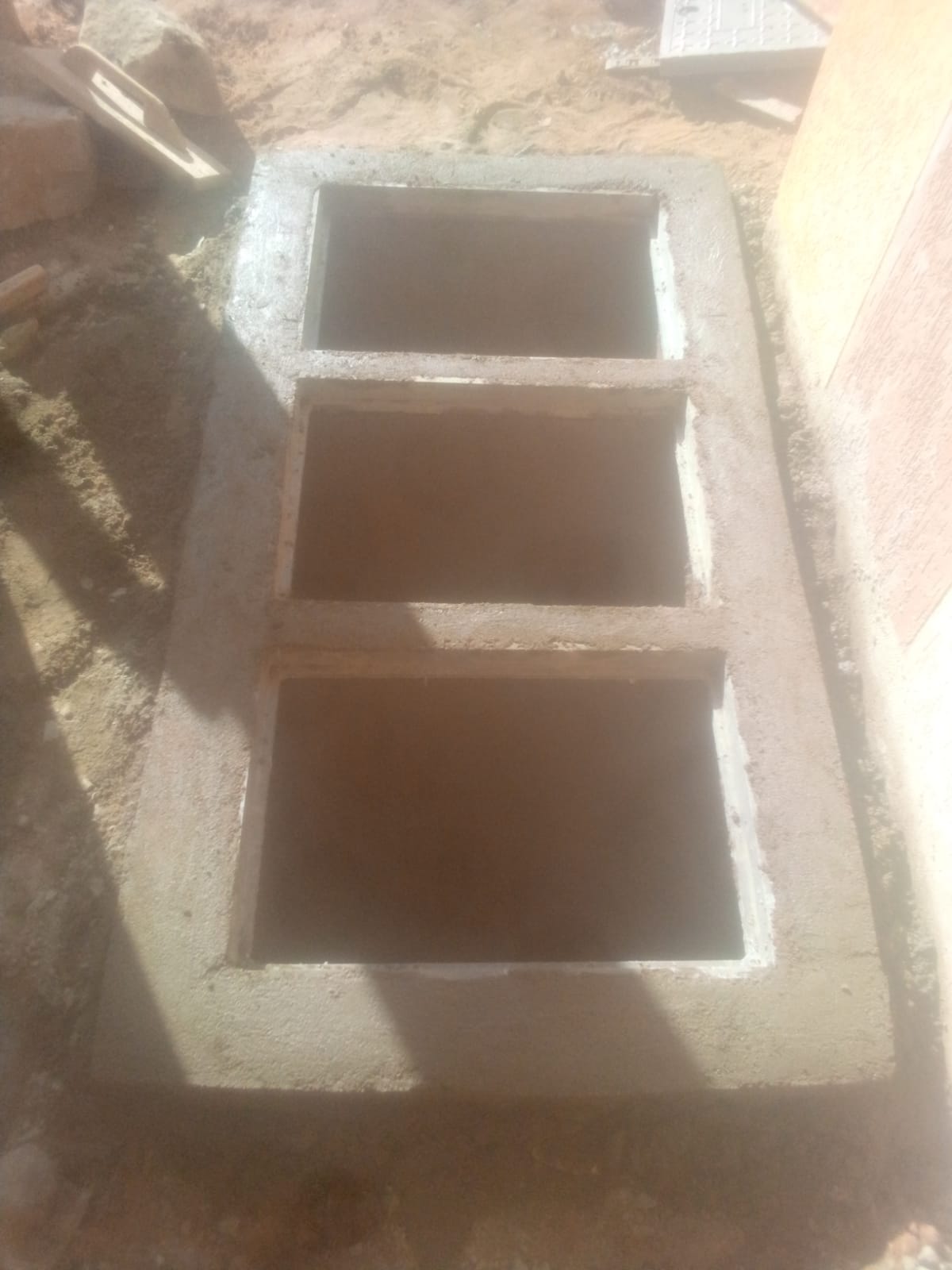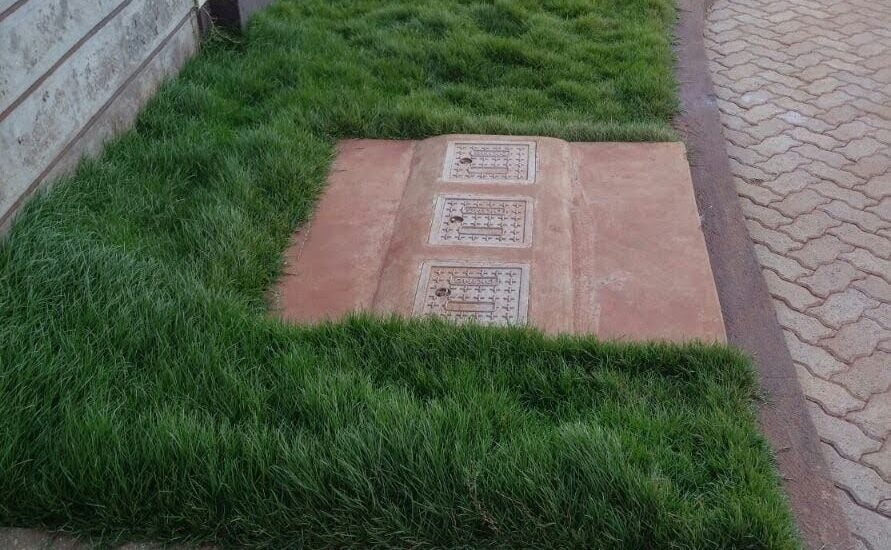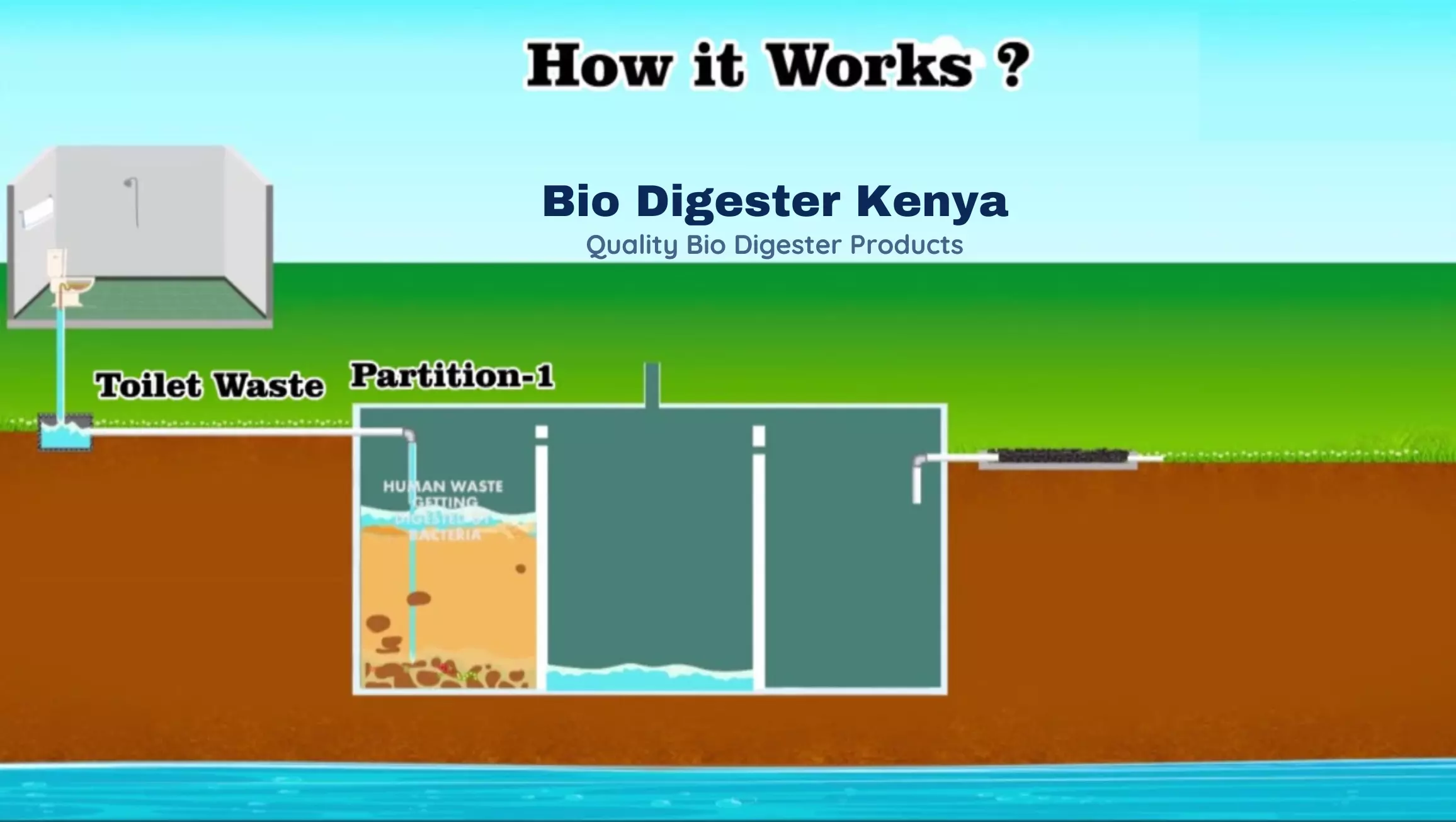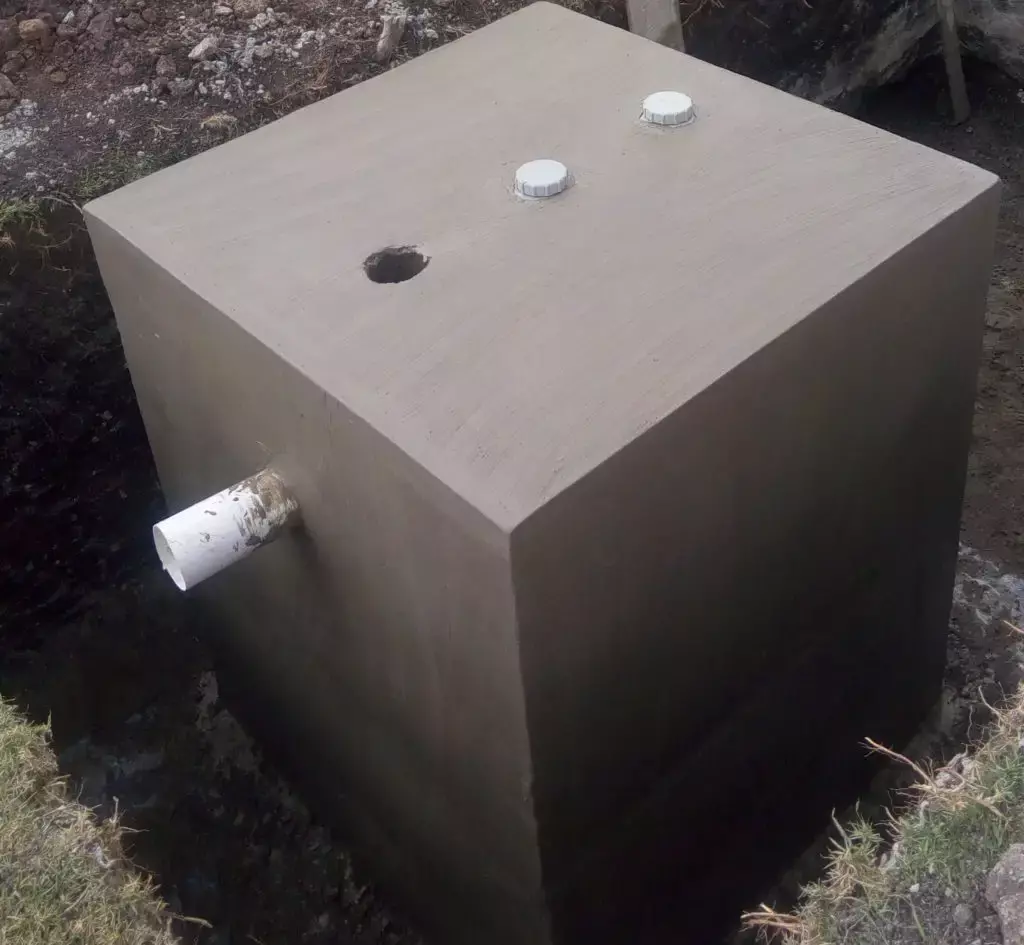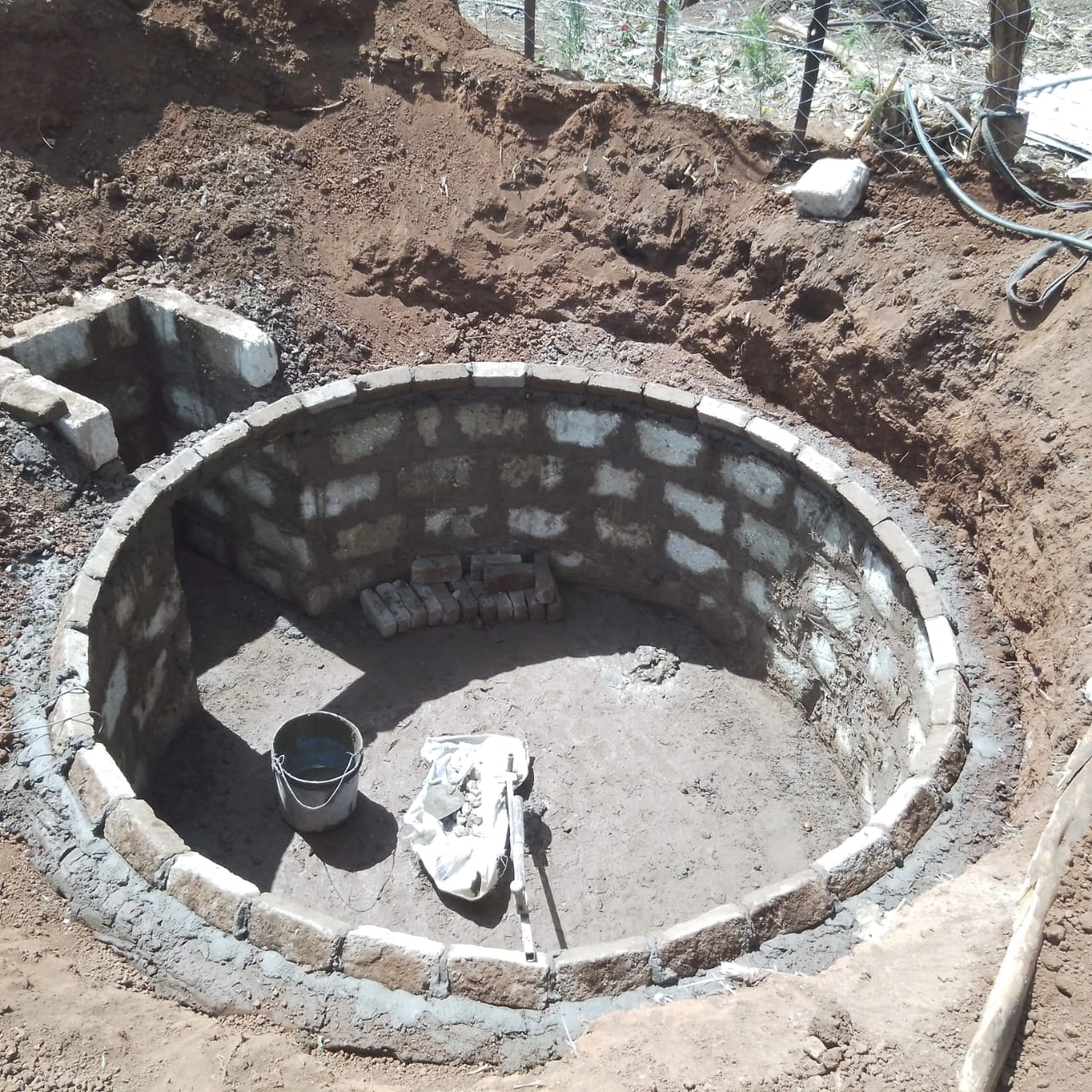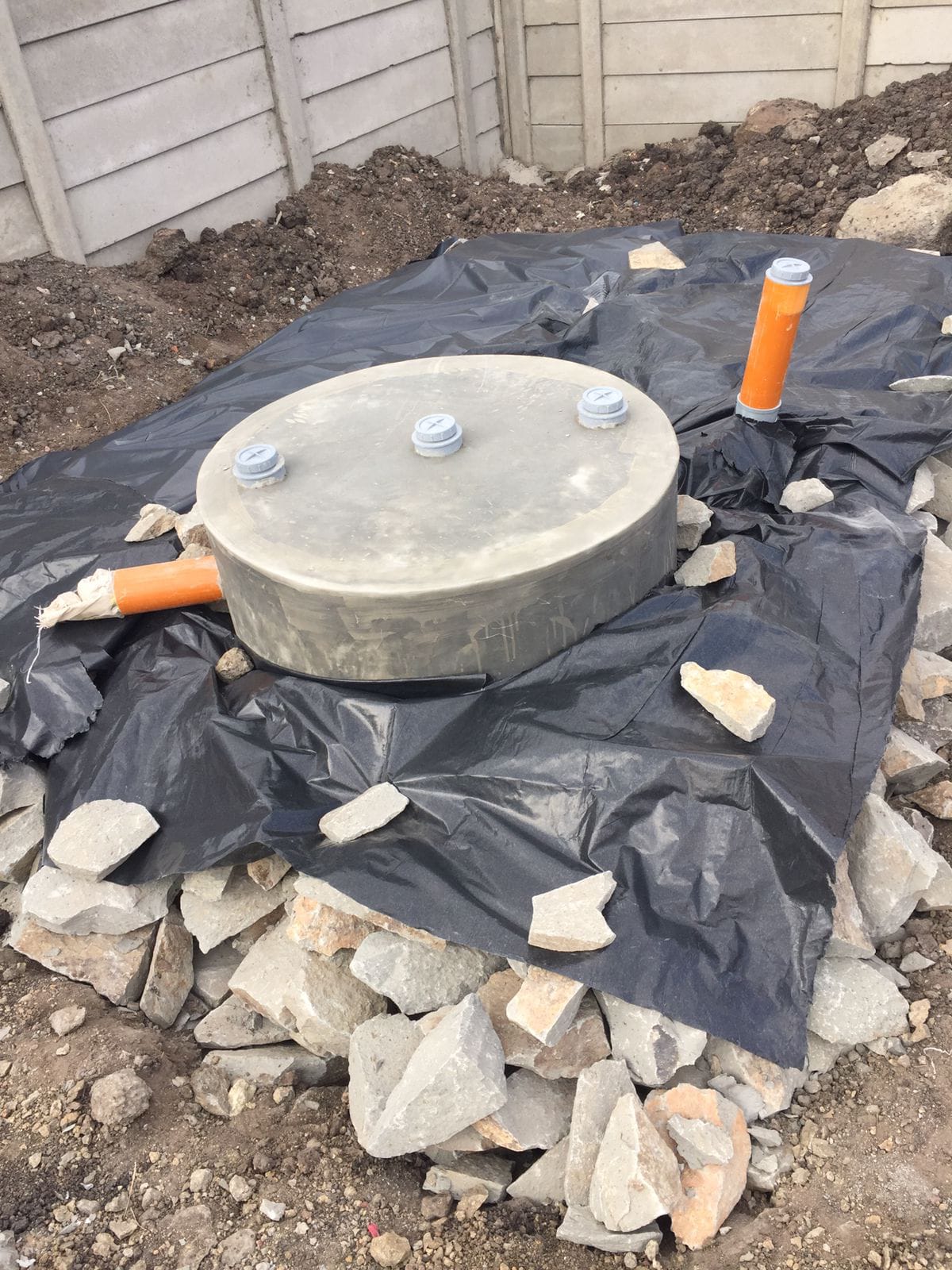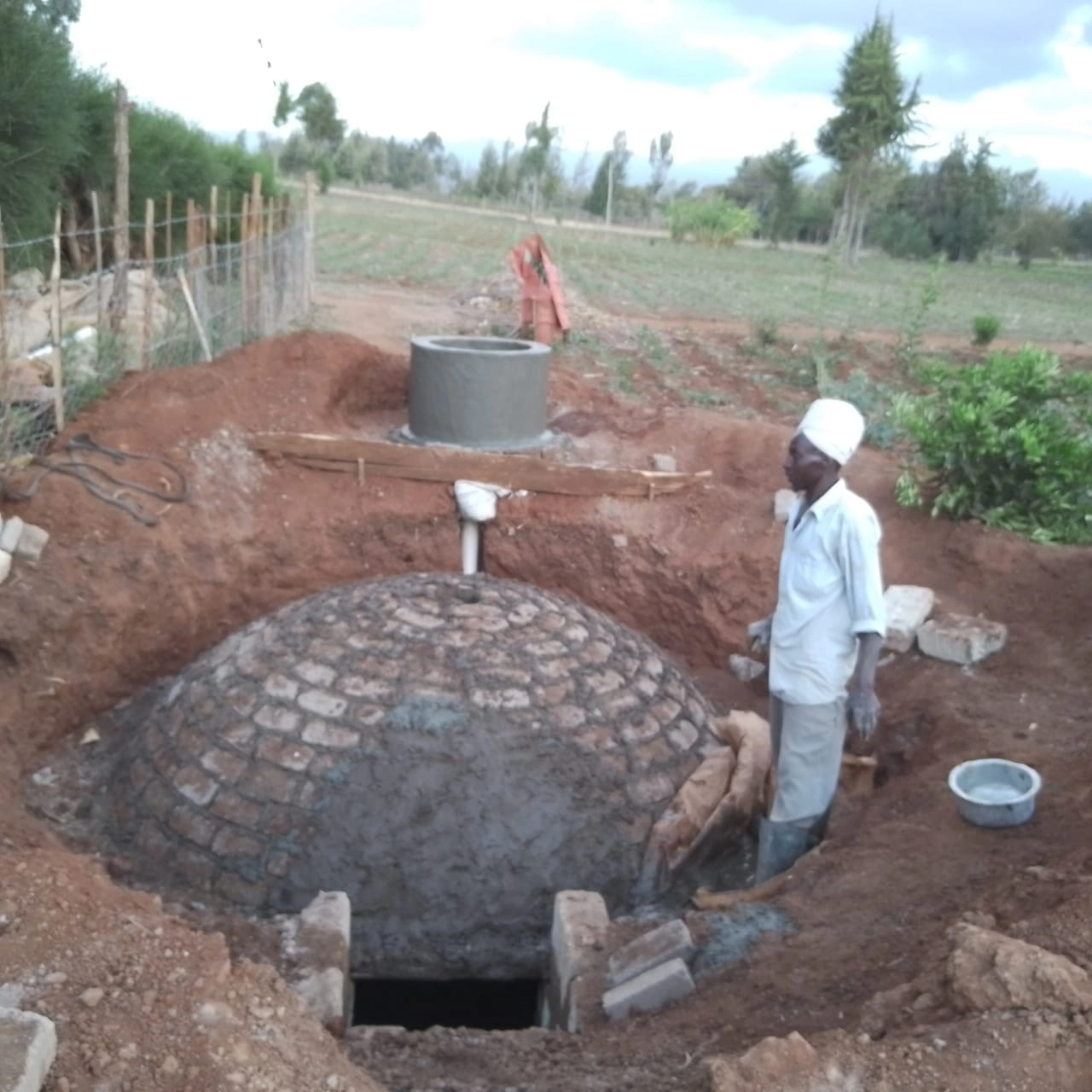Compare the costs of biodigesters and septic tanks.
Learn about installation, operational, and maintenance costs, and discover why Bio Digester Kenya offers the best waste management solutions.
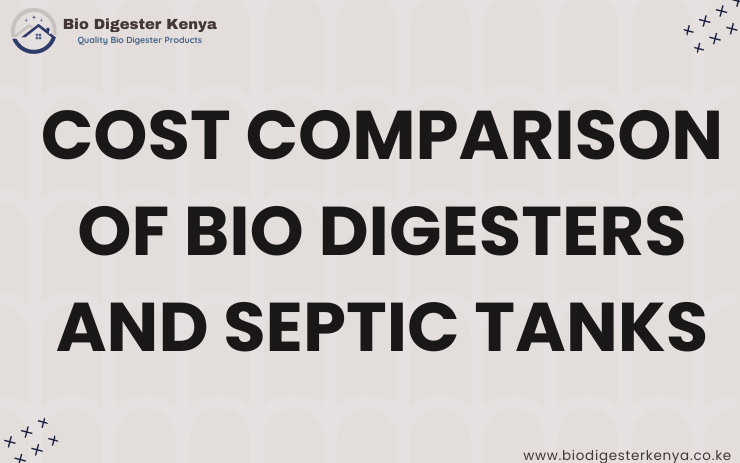
Table of Contents
Introduction
When it comes to waste management solutions, choosing between biodigesters and traditional septic tanks can be challenging.
This article provides a comparative cost analysis of installing, operating, and maintaining biodigesters versus septic tanks over time.
At Bio Digester Kenya, we design and install high-quality biodigesters tailored to the needs of both residential and commercial spaces in Kenya.
What are Bio Digesters and Septic Tanks?
Definition of Bio Digesters
A biodigester is an advanced waste management system that uses biological processes to break down human waste into water and biogas.
The human waste is piped into the biodigester, where anaerobic bacteria and enzymes decompose it.
The byproducts are water, which is absorbed into the ground, and biogas, which can be used for energy.
Definition of Septic Tanks
A septic tank is a traditional underground system where wastewater from a home or building is collected and decomposed through bacterial activity.
The waste separates into solids (sludge) and liquids, which flow into a drain field.
Initial Installation Costs
Cost of Installing a Bio Digester
The initial cost of installing a biodigester can be higher than that of a septic tank.
This is because biodigesters are more advanced systems that require specialized materials and construction techniques.
The installation process involves precise engineering to ensure the system is correctly set up to handle waste efficiently.
Biodigesters also require the integration of anaerobic bacteria and enzymes, which adds to the initial setup cost.
However, this initial investment pays off in the long run.
Biodigesters are designed to be low-maintenance, meaning they require fewer resources and less frequent attention compared to traditional septic systems.
The operational costs are also significantly lower since biodigesters efficiently break down waste into harmless byproducts like water and biogas.
Over time, the savings on maintenance and operational expenses make biodigesters a more cost-effective option.
Cost of Installing a Septic Tank
Septic tanks are generally cheaper to install initially.
The installation process is straightforward, involving the excavation of a large pit, placement of the septic tank, and connection of household plumbing to the tank.
The materials used for septic tanks, such as concrete or plastic, are also less expensive compared to the components needed for biodigesters.
However, the lower upfront cost of septic tanks comes with hidden long-term expenses.
Septic tanks require regular pumping to remove accumulated sludge and prevent overflow.
This maintenance needs to be performed every few years, depending on the usage and size of the tank.
Additionally, septic tanks can suffer from issues such as blockages, leaks, and system failures, leading to frequent repairs and higher overall costs over time.
In summary, while the initial installation of a septic tank is more affordable, the ongoing maintenance and operational costs can add up, making it a less economical choice in the long term.
Biodigesters, despite their higher initial cost, offer significant savings and benefits over time due to their efficient and low-maintenance design.
At Bio Digester Kenya, we provide comprehensive bio digester solutions that ensure long-term cost savings and environmental benefits for residential and commercial spaces.
Operational Costs
Operating a Bio Digester
Biodigesters are cost-effective to operate.
They require minimal energy input, and the biogas produced can be used as a renewable energy source, reducing utility bills.
Operating a Septic Tank
Operating a septic tank can be more expensive due to the need for regular pumping and potential issues with clogging and overflow.
Maintenance Costs
Maintenance of Bio Digesters
Biodigesters require less frequent maintenance compared to septic tanks.
Regularly adding biodigester enzymes ensures efficient operation and reduces the need for costly repairs.
Maintenance of Septic Tanks
Septic tanks require regular pumping and inspections to prevent blockages and system failures.
This ongoing maintenance can be costly and time-consuming.
Lifespan and Durability
Lifespan of Bio Digesters
Biodigesters are designed for long-term use, with a lifespan that can exceed several decades when properly maintained.
Lifespan of Septic Tanks
Septic tanks also have a long lifespan but may require more frequent repairs and replacements due to issues like leaks and blockages.
Environmental Impact
Eco-Friendliness of Bio Digesters
Biodigesters are environmentally friendly, reducing methane emissions and preventing groundwater contamination.
They promote sustainable waste management practices.
Environmental Concerns with Septic Tanks
Septic tanks can pose environmental risks, such as groundwater contamination and methane emissions, which contribute to climate change
Efficiency and Effectiveness
Efficiency of Bio Digesters
Biodigesters are highly efficient, breaking down waste completely and producing useful byproducts like biogas and water.
Effectiveness of Septic Tanks
While septic tanks are effective, they may not break down waste as completely as biodigesters, leading to potential issues with sludge buildup and system overflow.
Case Studies and Real-Life Examples
Success Stories with Bio Digesters
Many of our clients have successfully switched to biodigesters, experiencing improved efficiency and reduced costs.
Issues with Traditional Septic Tanks
Traditional septic tanks often face issues like clogging, frequent maintenance needs, and environmental concerns, making them less ideal for modern waste management.
Why Bio Digesters are Better for Kenya
Suitability for Kenyan Homes
Biodigesters are well-suited for Kenyan homes, offering an efficient and eco-friendly waste management solution that aligns with local environmental conditions.
Benefits for Kenyan Businesses
For businesses, biodigesters provide a cost-effective way to manage waste, reducing operational costs and contributing to sustainability goals.
Bio Digester Kenya: Our Services
Designing and Installing Bio Digesters
At Bio Digester Kenya, we specialize in designing and installing bio digesters tailored to your specific needs, ensuring efficient waste management.
Providing Bio Digester Enzymes
We also offer high-quality biodigester enzymes that enhance the efficiency of your system, ensuring optimal performance.
Cost Savings Over Time
Long-Term Savings with Bio Digesters
Investing in a biodigester leads to significant long-term savings due to reduced maintenance and operational costs.
Comparative Analysis of Long-Term Costs
When comparing the long-term costs, biodigesters prove to be more economical than septic tanks, offering better value for money.
Customer Testimonials
Feedback from Satisfied Clients
Our clients have experienced the benefits of switching to biodigesters, with many noting improved efficiency and lower costs.
Real-Life Benefits Experienced by Users
Users have reported fewer maintenance issues, reduced environmental impact, and overall satisfaction with their biodigester systems.
Conclusion
Biodigesters offer a superior waste management solution compared to traditional septic tanks.
They are more efficient, environmentally friendly, and cost-effective in the long run.
At Bio Digester Kenya, we are committed to providing top-quality bio digesters and enzymes to ensure efficient and sustainable waste management for our clients.
Make the switch to biodigesters today and experience the benefits of this modern solution for yourself.
Frequently Asked Questions (FAQs)
What is a biodigester? A biodigester is a system that breaks down human waste into water and biogas using biological processes.
How does a biodigester work? Waste is piped into the biodigester, where anaerobic bacteria and enzymes decompose it, producing water and biogas.
What are the benefits of using biodigesters? Biodigesters offer environmental benefits, cost savings, and efficient waste management.
How do I maintain a biodigester? Regularly add biodigester enzymes, check for blockages, and ensure proper ventilation.
- Why choose Bio Digester Kenya? We provide high-quality products and services, backed by excellent customer support and proven success.


